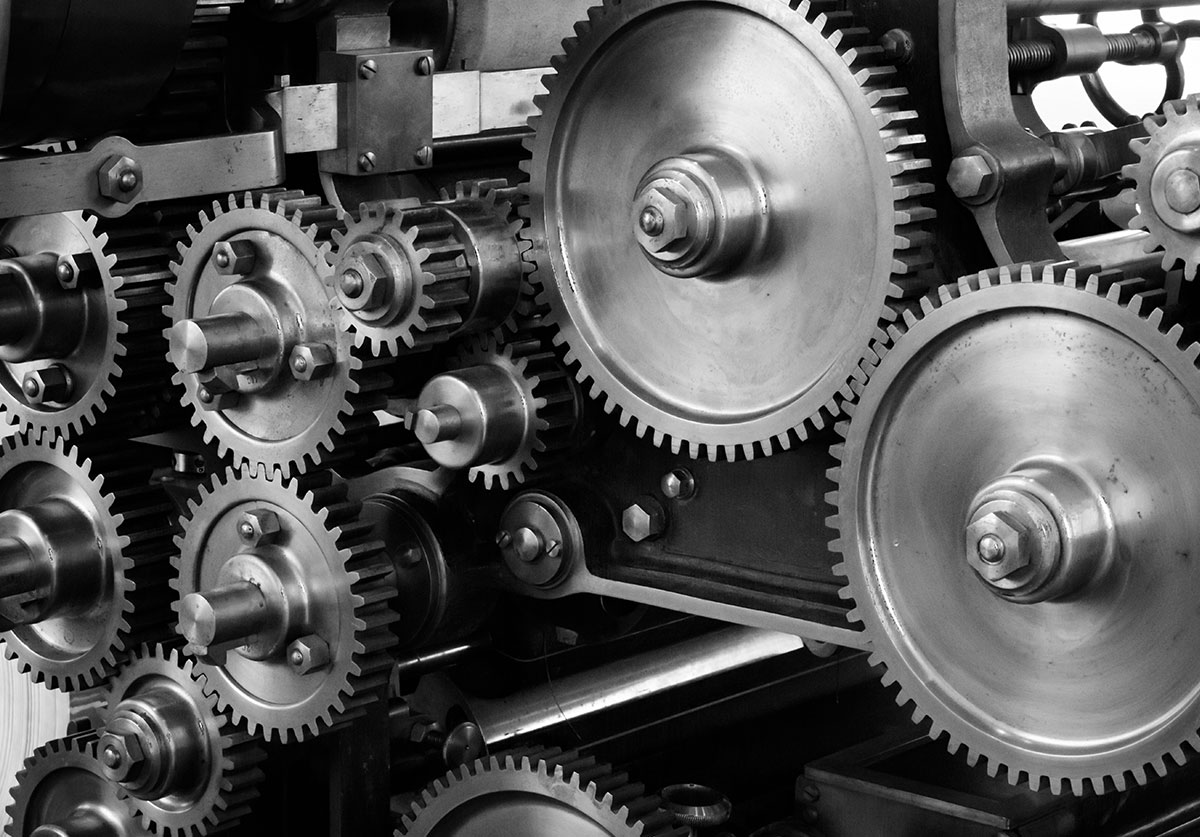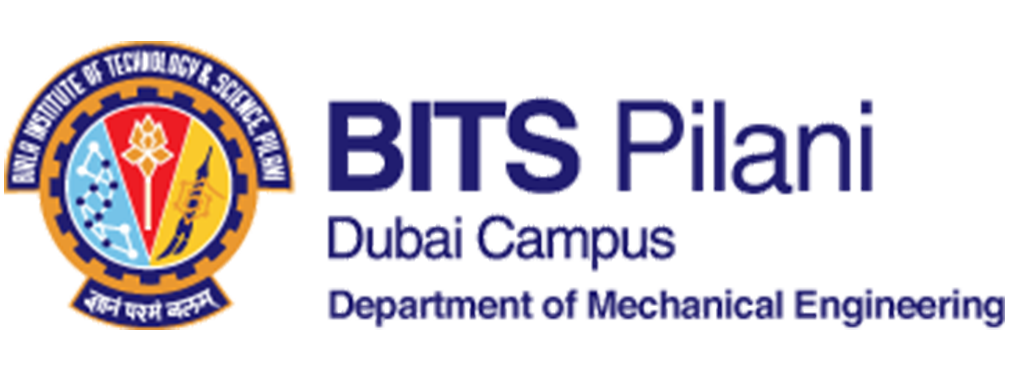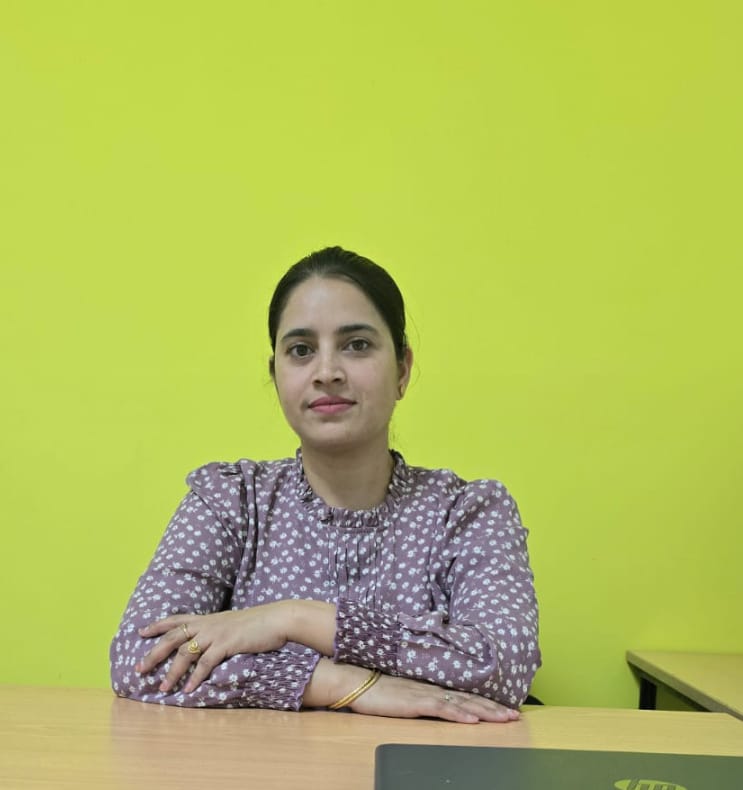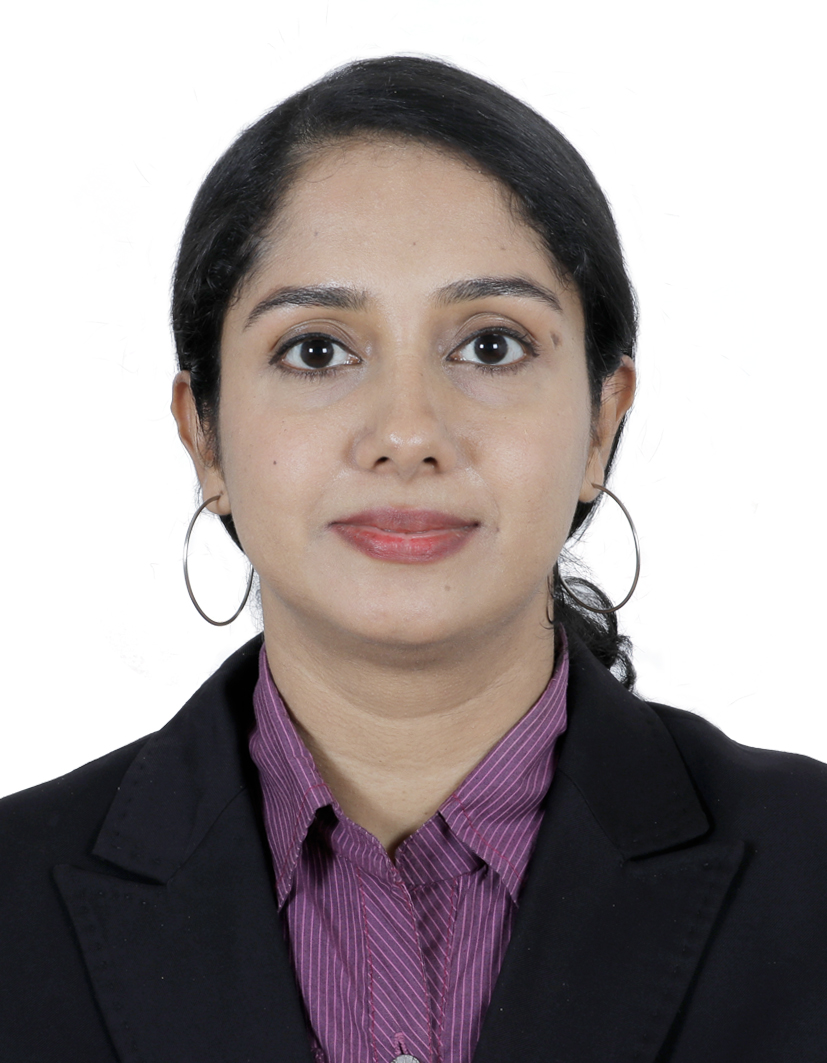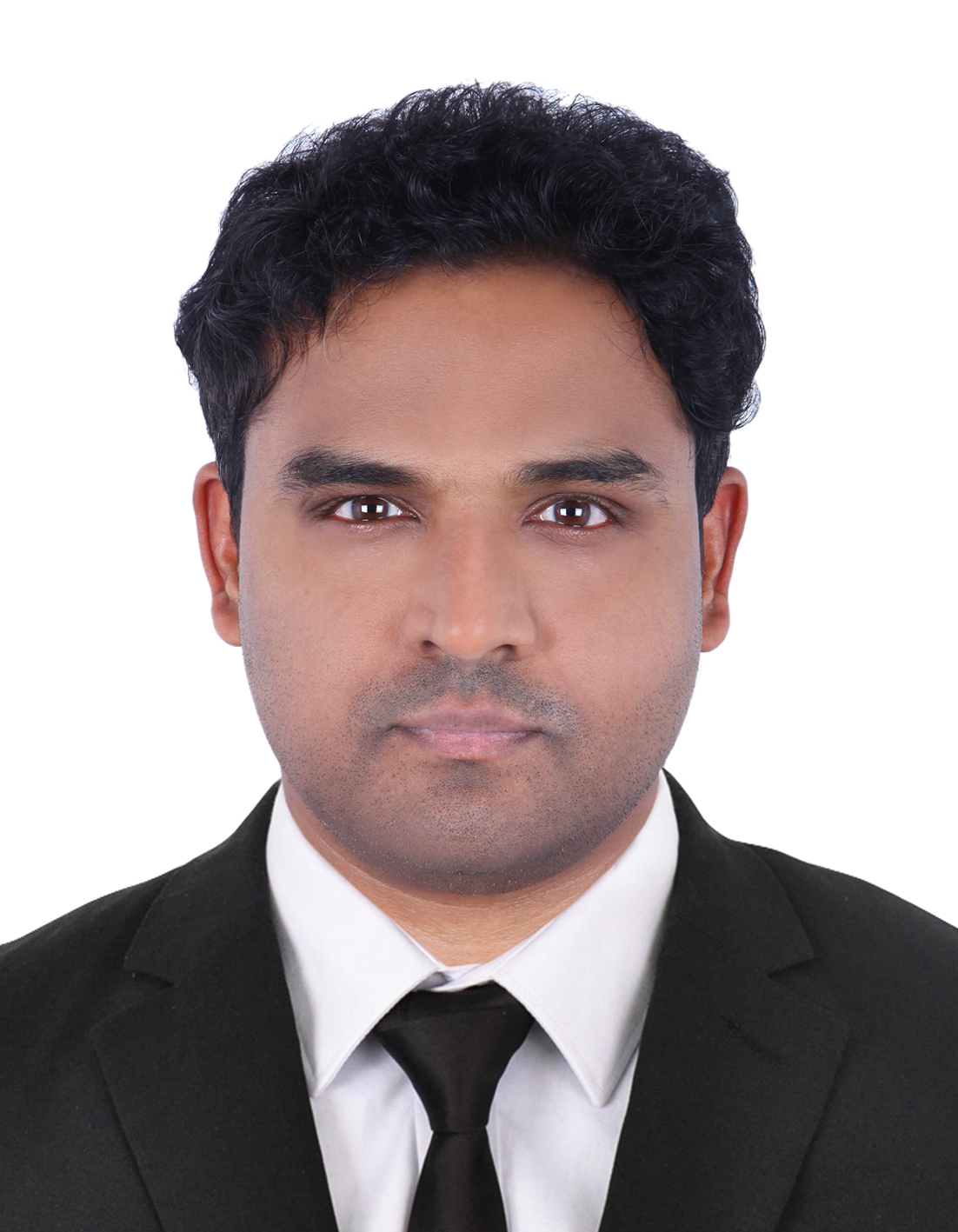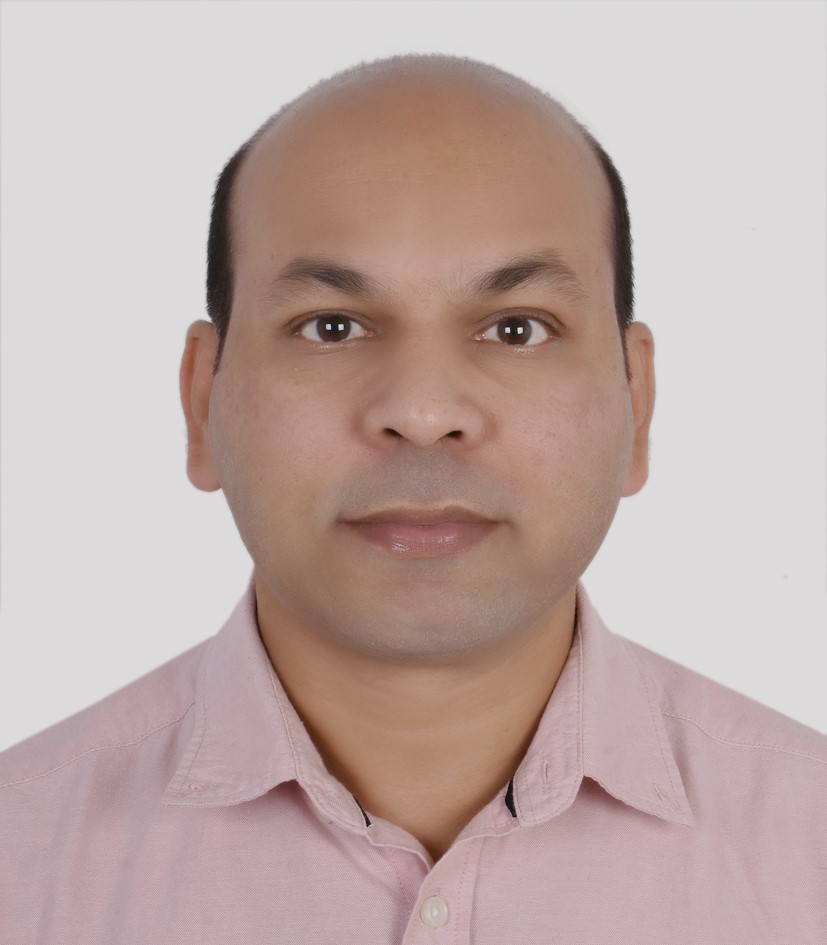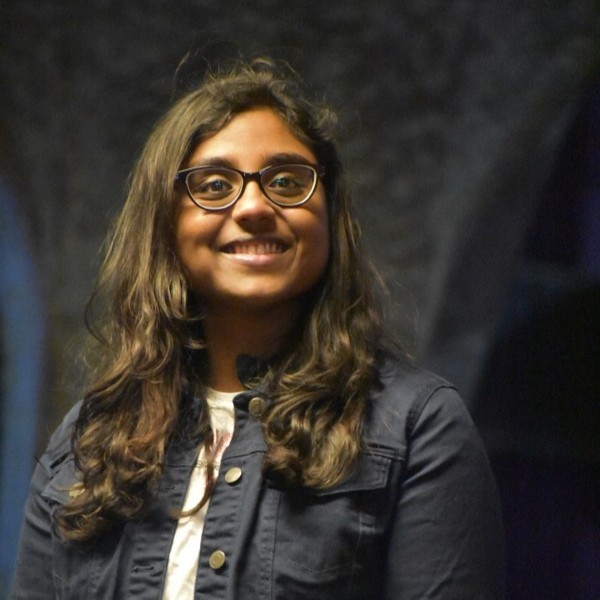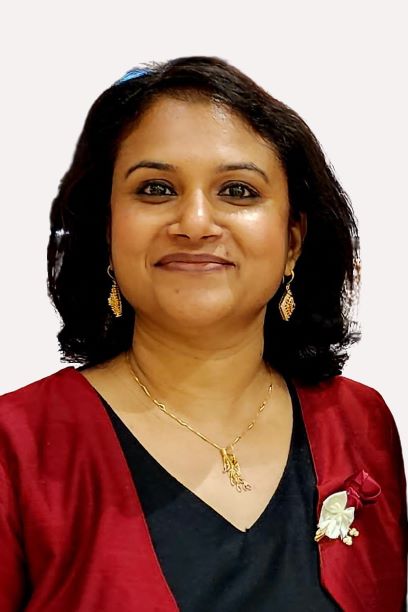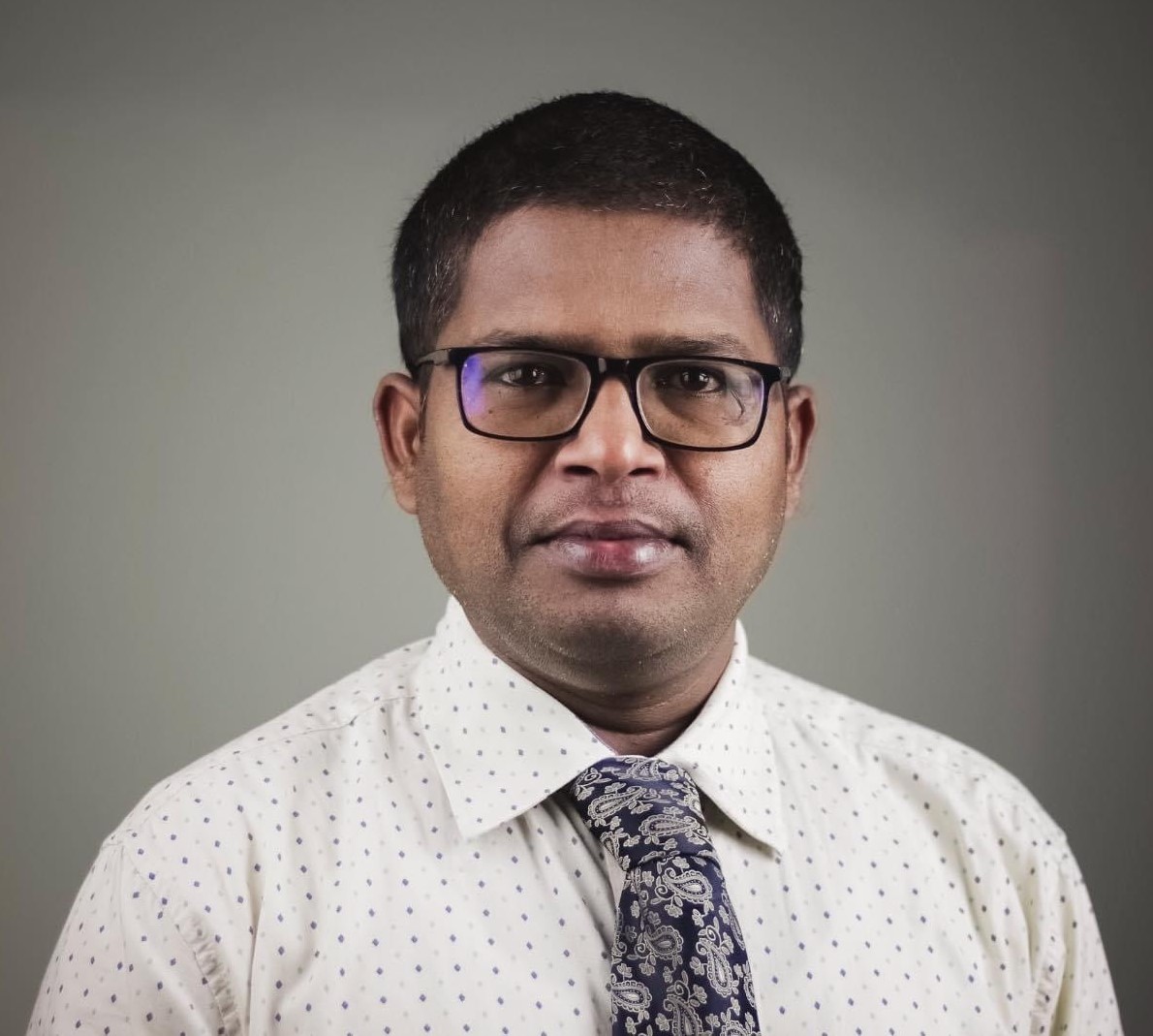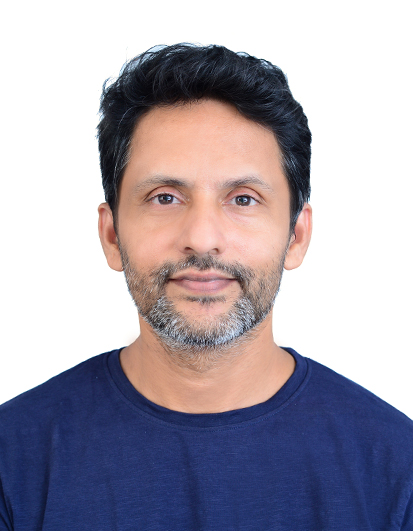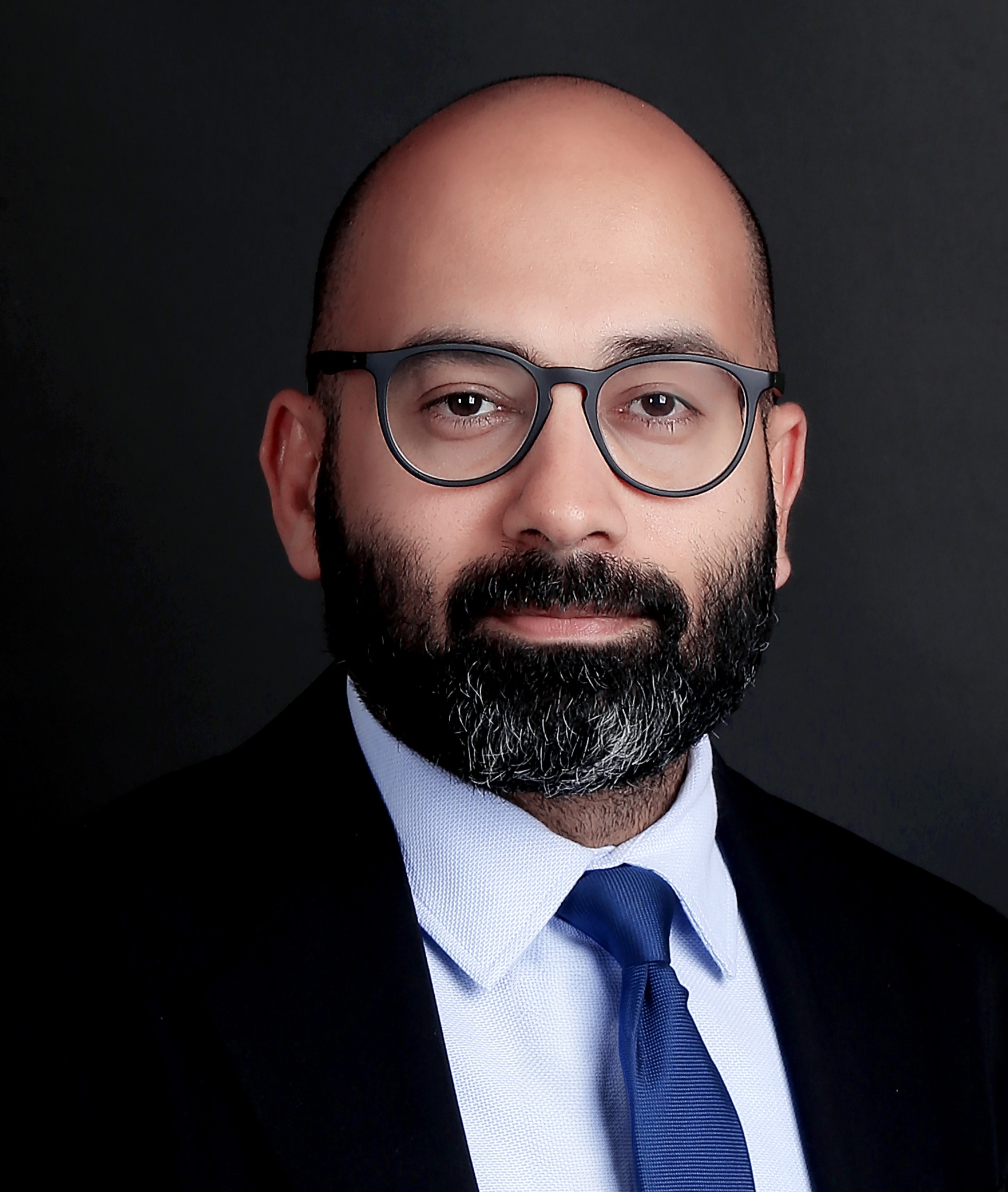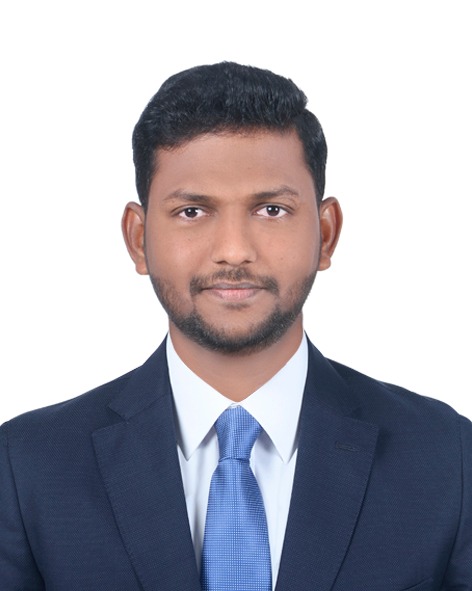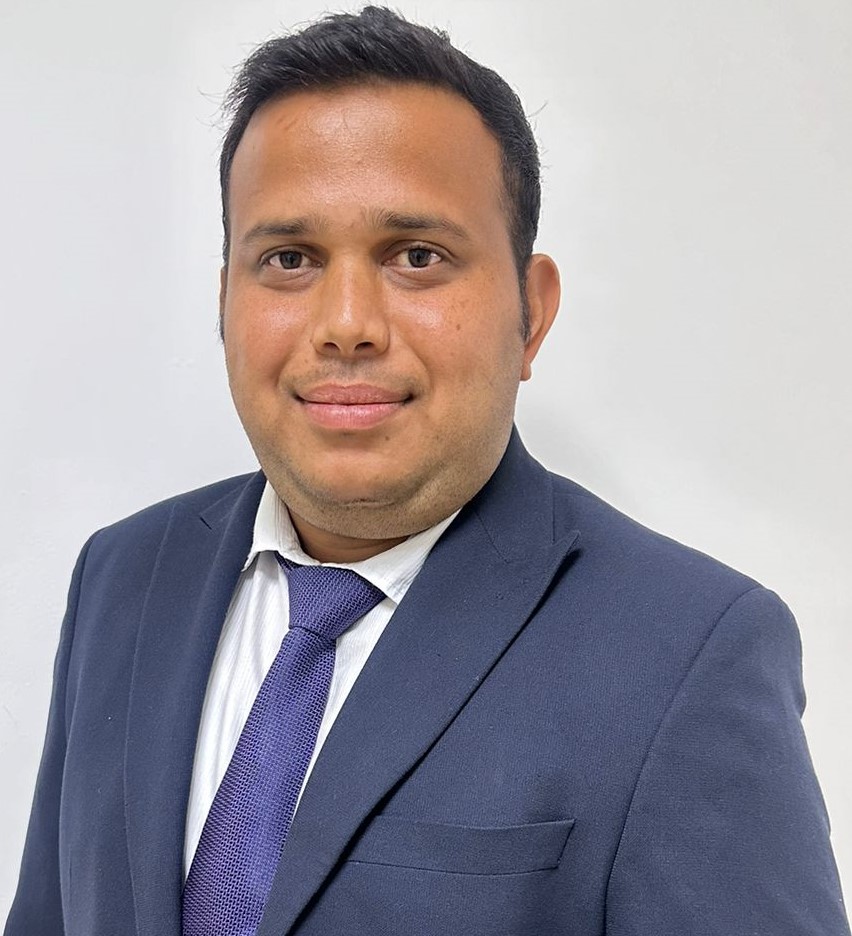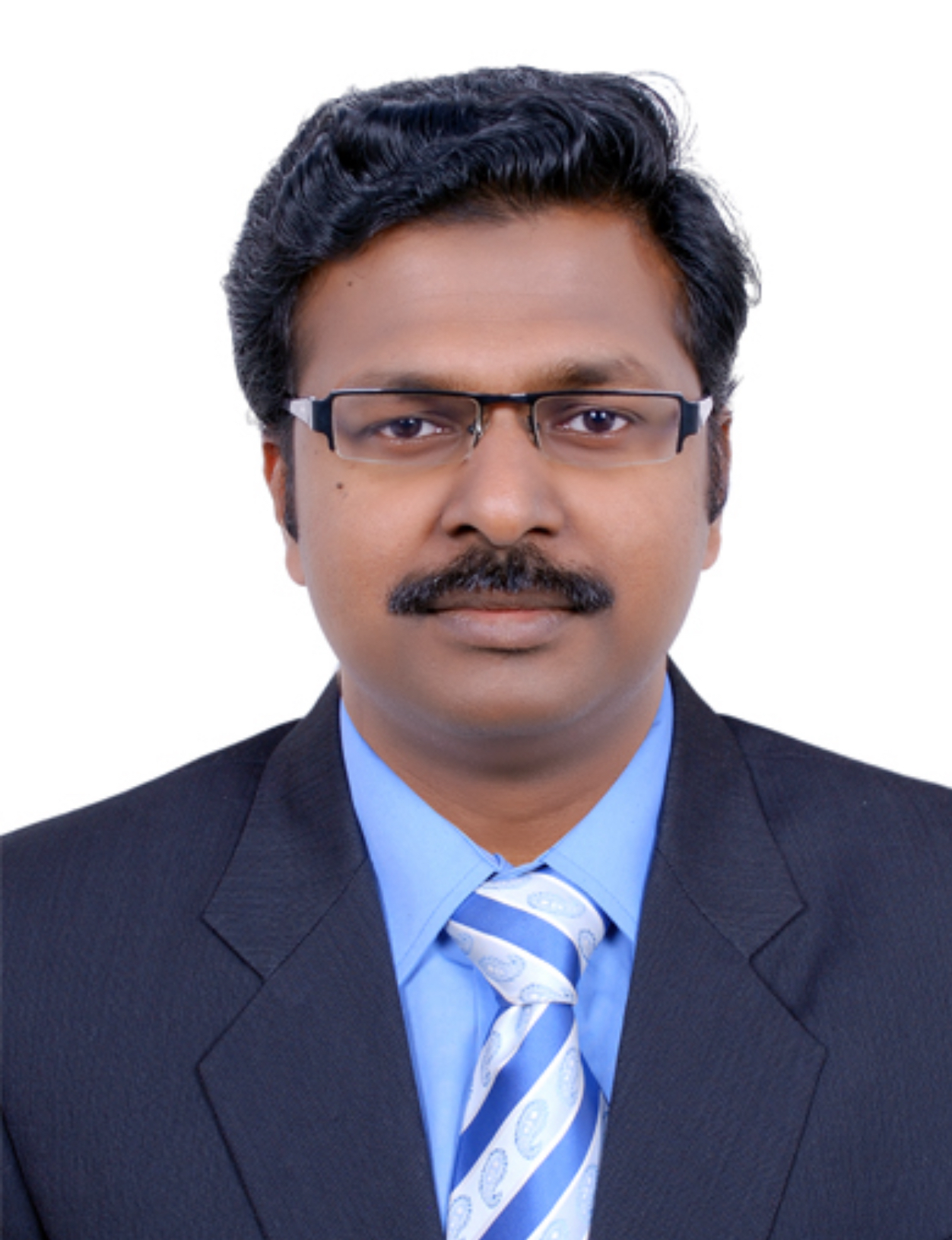PROGRAM LEARNING OUTCOMES(PLOs) for the Department of Mechanical Engineering:
The students will be able to:
PLO1 (Foundation): Explain the fundamental concepts and scientific principles of general science.
PLO2 (Core Theory): Explain the fundamental concepts of mechanical engineering principles, including but not limited to design, thermo-fluids, materials, and manufacturing.
PLO3 (Core Experiments): Convert real world problems into simpler measurable situations (or prototype) and measure the outcomes to select appropriate solutions.
PLO4 (DEL Theory/Tools): Implement specialized knowledge, tools and techniques in specific areas of mechanical engineering to tackle engineering problems.
PLO5 (OEL): Relate interdisciplinary knowledge and skills that broaden their understanding of engineering principles beyond mechanical engineering for enhanced cross-disciplinary collaboration promoting innovation and adaptability in their careers.
PLO6 (HEL): Demonstrate a well-rounded perspective and a strong sense of social responsibility, inclusive cultural awareness, and ethical decision-making, contributing to the development of sustainable engineering solutions that address the needs and aspirations of diverse communities.
PLO7 (Management & Entrepreneurship): Develop an entrepreneurial mindset and acquire the knowledge and soft skills necessary to identify opportunities, create innovative engineering solutions, understand the financial management and business planning, enabling them to successfully launch and manage engineering ventures, and drive economic growth in their professional endeavors.
PLO8 (Communication): Effectively Communicate ideas through sketches, diagrams, schematics, mathematical expressions, oral and written format while working in an inclusive team with diverse backgrounds


 An Institute of Eminence
An Institute of Eminence
